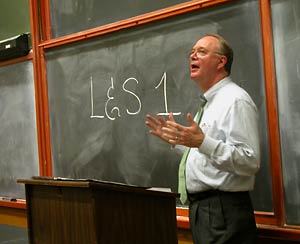 Wat weten we in Nederland van de Spaanse burgeroorlog? Voor mij is de eerste associatie via het stripboek van de geheimzinnige voorbijganger. Christin en Bilal kwamen ermee in de jaren tachtig en er is na vier of vijf albums niets meer van terecht gekomen, geloof ik. Ik heb ze stukgelezen, inclusief het deel De Falangisten van de Zwarte Orde - over de Spaanse Burgeroorlog.
Wat weten we in Nederland van de Spaanse burgeroorlog? Voor mij is de eerste associatie via het stripboek van de geheimzinnige voorbijganger. Christin en Bilal kwamen ermee in de jaren tachtig en er is na vier of vijf albums niets meer van terecht gekomen, geloof ik. Ik heb ze stukgelezen, inclusief het deel De Falangisten van de Zwarte Orde - over de Spaanse Burgeroorlog.OVT's Salon in Europa is bij 1936 aangekomen en staat stil bij de Spaanse burgeroorlog. Is Spanje al over de oorlog? Men denkt van niet; de tegenstellingen bestaan nog steeds en worden nog steeds uitgespeeld. Wat voor tegenstelling? Men wordt het er over eens dat de oorlog eigenlijk een oorlog was tussen het Katholieke Spanje en het seculiere. Een godsdienstoorlog, die nog trekken van de middeleeuwen draagt.
Tegelijkertijd is het het slachtveld dat een voorspel van de Tweede Wereldoorlog werd. Een eerste krachtmeting tussen Hitler en Stalin en ook een eerste krachtmeting tussen de democratische en niet democratische krachten. Is het daarmee misschien zelfs een voorvertoning voor de Koude Oorlog - dat is slechts mijn vraag. Daar komt het panel niet op.
Eerdere besprekingen van OVT in dit blog:
1917 - Russische Revoluties,
1922 - Walther Rathenau,
1925 - Mussolini,
1929 - Goldene Zwanziger,
1933 - Fellow Travelers.
